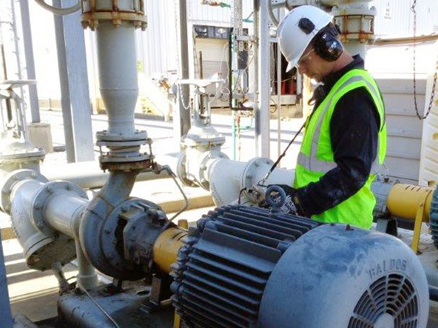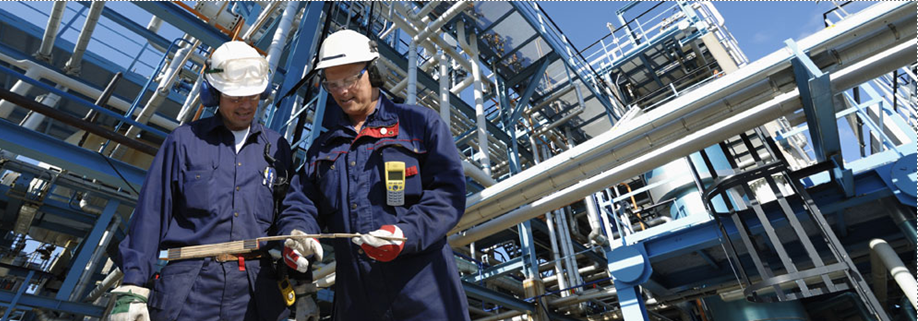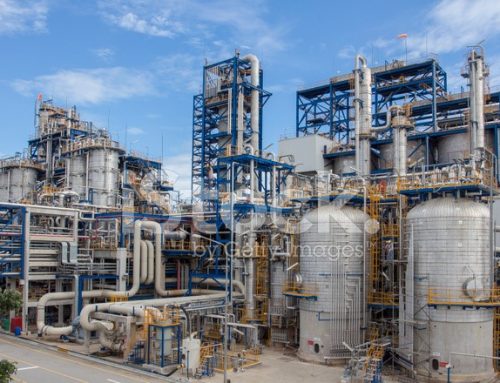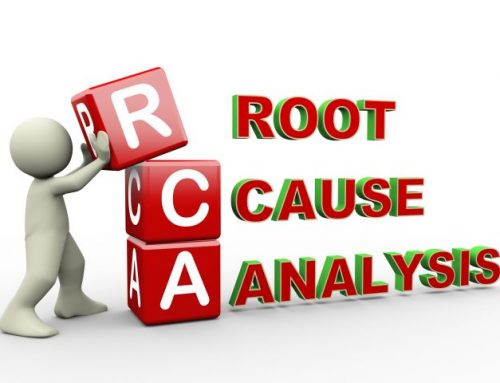Project Description
Why attend
The course goes through a systematic methodology to effective failure analysis and troubleshooting, including goal achievement, checklists use and constituting a failure analysis team. Referring to specific case studies, example centrifugal pumps, it will be shown that such a systematic schedule of actions can lead to significant failure decreases in many types of machinery. Through pumps and compressors examples, vendor selection procedure is highlighted as well as methods for reliability review.
Course Objectives
By the end of the course, participants will be able to:
Employ systematic techniques on machinery failure analysis, vibration and predictive maintenance.
Identify machinery failure patterns covering the nature of failure, the types of equipment failures and their categorizations
Apply machinery diagnostic testing, metallurgical failure analysis methodology, machinery component analysis and reliability improvement.
Carryout machinery troubleshooting and root cause failure analysis (RCFA).
Analyze vibration signal for different faults and machineries.
Differentiate between the factors of human reliability through classification of human error and human reliability analysis, familiarize the different reliability tools using life cycle cost analysis and life data analysis and discuss the key elements of reliability engineering and how to manage assets in projects.
Who should attend
This course covers systematic techniques in maintenance and reliability management to assist maintenance management team in delivering maximum reliability and availability of equipment at the lowest possible cost.
The course will present modern failure finding techniques designed to improve the effectiveness of maintenance management activities, to ensure that physical assets perform their required functions, operate reliably, and support corporate goals. It is essential for all maintenance and reliability management staff.
Course Outline
- Understand the Nature of Failures – Types of Equipment Failures –
- Failure Classifications & Failure Patterns – Why Equipment Fails –
- Failure analysis & Root Cause – Reasons for Equipment Failure
- Diagnostic Objectives – Mechanical Inspection – Test Plan Development –
- Data Acquisition and Processing – Data Interpretation –
- Conclusions and Recommendations – Corrective Action Plan
- Failure Analysis of Bolted Joints – Shaft Failures and their Origins –
- Ductile vs. Brittle Failures of Shafts – Stress Raisers in Shafts
- Redesign Opportunities – Analyzing Wear Failures
- Bearings in Distress – Rolling Element Bearing (AFB) & Bearing Failure Analysis
- Journal and Tilt-Thrust Bearings – Gear Failure Analysis
- Coupling Failure Avoidance
- Determining the Cause of Mechanical Seal Distress
- Mechanical Seal Selection Strategies
- O-Ring Failures and their Causes
- Machinery Troubleshooting through matrices –
- Pumps – Centrifugal Compressors – Blowers and Fans –
- Reciprocating Compressors – Engines – Gas Turbines and Others
- Structured Problem Solving and RCFA – Cause Analysis –
- Two-Track Approach – Failure Types – The Three Levels of Cause –
- Collecting Failure Data – Parts and Position – The Analysis Process
- Describing the Process – Data Analysis I – Data Analysis II – Data Analysis III –
- Human Root Causes – Solutions – Stewardship of RCFA Results
- Specific Machinery Problems –
- Monitoring and Analysis Methods –
- Future Outlook
- Equipment and Processes Typically Monitored by Vibration Analysis –
- Typical Vibration Problems and their Approximate Percentage of Occurrence –
- Rotary Mechanical Vibrations – Other Mechanical Vibrations –
- Non-Mechanical Vibration Problems – Spring-Mass-Damper Model of Vibration –
- Simplest Form of Vibrating System – Real-world System –
- Peak vs RMS vs Peak to Peak-to-Peak.
- Frequency – Phase Measurement – Phase Relationship –
- Measurement Relationships – Vibration Measurement –
- Vibration Data Type and Formats – Frequency Domain vs Time Domain –
- Low, Medium and High Frequency Ranges – Excitation Frequencies –
- Natural Frequencies and Mode Shapes
- Gear Boxes – Electric Motors – Flow-related Problems Pumps,
- Fans and Compressors –
- Vibration Frequencies Related to Machinery Faults
- Actual Cases Cited and Explained in Detail –
- High Speed Pump Failure & Bearing Failures
- Bearings – Gears –
- Mechanical Seals & Others
- How PMT Teams Work – Turnaround Management –
- Preventive vs. Predictive Maintenance Concepts,
- Integrated vs. Separate Maintenance –
- Centrifugal Pump Failure Reduction Programs
- Vibration Severity Limits – Shaft Vibration – Bearing Vibration –
- Casing Vibration – Standards – ISO 2372 Chart – ISO 10816 Chart –
- The IRD General Machinery Vibration Severity Chart
- Types of Condition Based Monitoring – Vibration Monitoring –
- Pump Monitoring Frequency – Infrared Thermography –
- Physical Effects Monitoring
- Lube Oil Analysis – Modern Monitoring –
- Effective Moinitoring –
- Following Monitoring schedules.
- Optimized Lubrication for Pumps and Electric Motors –
- Economics of Dry Sump Oil Mist Lubrication –
- Lubrication Considerations for Pump and Electric Motors –
- Major Machinery Lubrication Management.
The workshop
This interactive training course includes the following training methodologies as presented on the next column based on percentage of the total tuition hours:
Lectures
Workshops & Work presentation
Case Studies & Practical Exercises
Videos, Sofware & General Discussion
The course instructor may modify the above training methodology before or during the course for technical reasons with no prior notice to participants.
Falcon Consulting Professionals is established in Greece for the last 15 years in the areas of technical consulting and professional training for the local industries. Falcon is expanding in GCC, aiming to provide the best consulting and training solutions to the industries of the region. Falcon’s instructors are accredited trainers and highly experienced in their fields, as well as adult training. We aspire to build our business relationships on mutual trust. The achievement of results with an emphasis on innovation and sustainability, quality, cost analysis and time scheduling are non-negotiable from the conceptual phase of the training.










